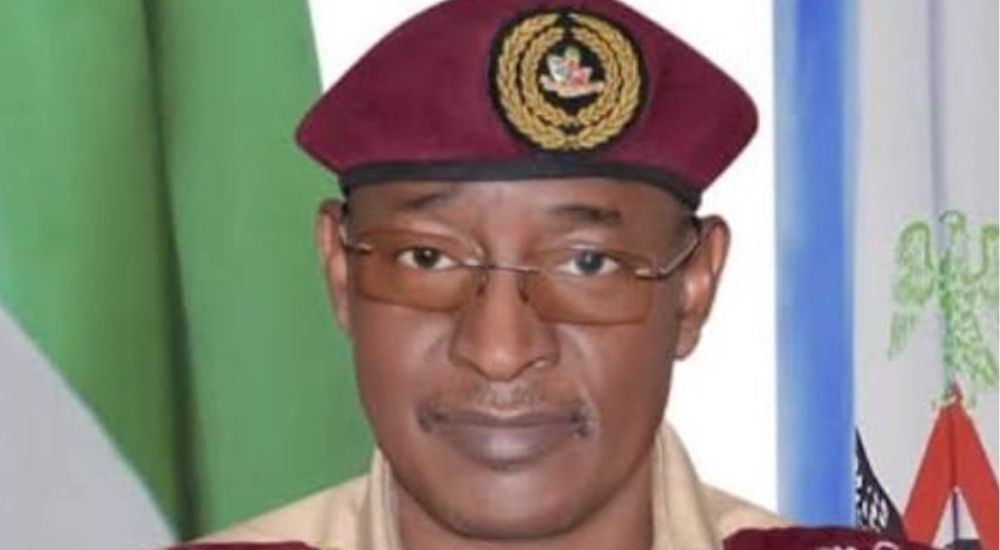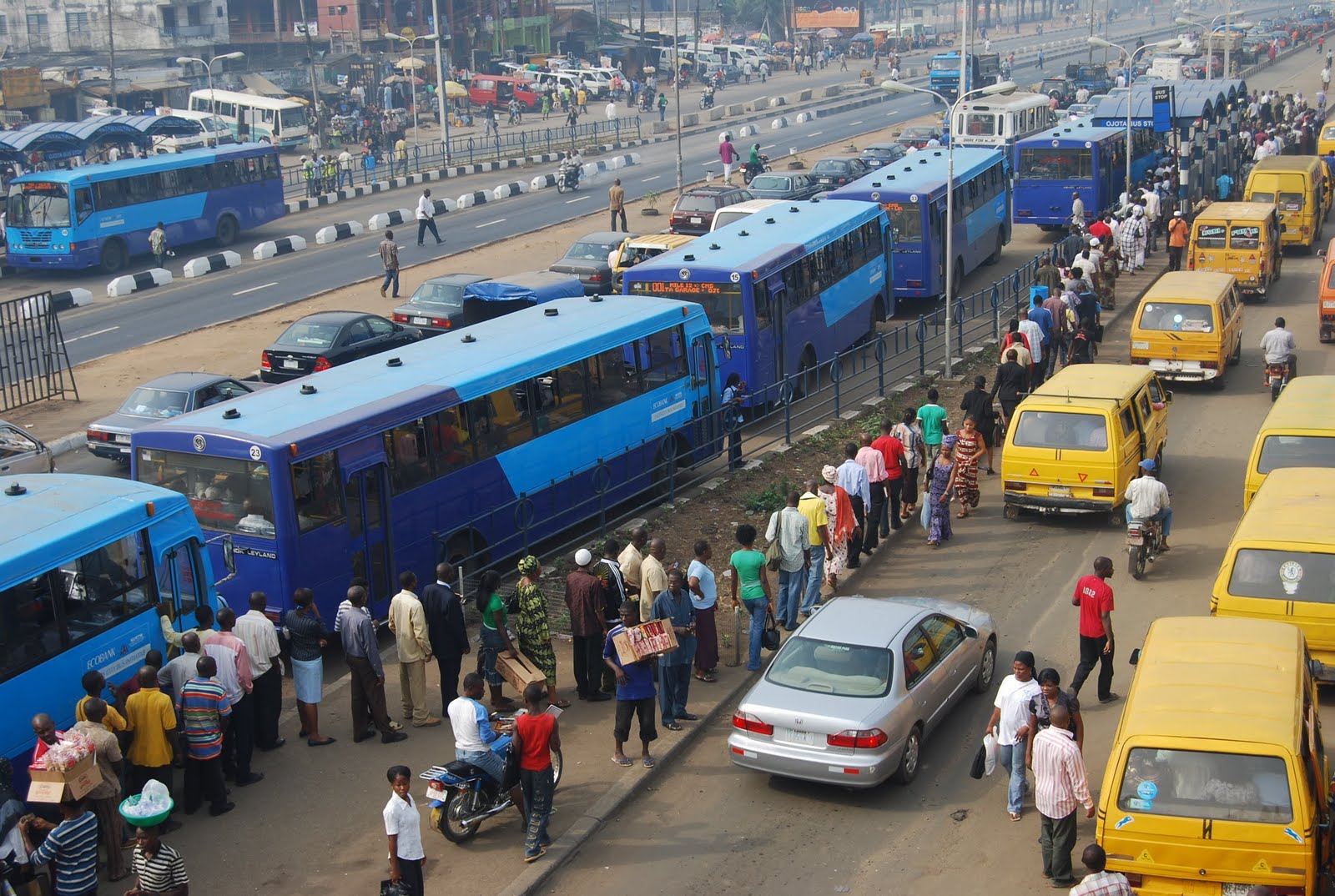BY BISI KAZEEM
Nigeria is one of the few African countries that has leveraged on some road safety principles and have recorded remarkable progress in road safety administration and management despite a ‘gloomy’ beginning. The road safety situation in Nigeria was so deplorable that the World Health Organisation once described the country as ‘worst in the world to travel on’ only next to Ethiopia.
That narrative changed through government’s efforts by establishing the Federal Road Safety Commission as the Lead Agency to guarantee safety on every centimetre of Nigeria’s expansive road network of 204,000km. This establishment was done ten years prior to United Nations recommendation for all member states to establish agencies directly situated under the central government for ease of unfretted operation.
In its three decades of unbroken services to humanity as a lead agency in traffic and safety management, FRSC has recorded tremendous achievements in the area of Traffic Engineering, Road Safety Administration, Traffic Management and Crash reduction.
Advertisement
The Corps has now come of age after going through good times and tides. Through the use of state of the art Information Technology facilities, the Corps has been able to enhance its operational capacity aimed at promoting public safety and security. Having been propelled by the imperatives of entrenching ease of doing business as well as align with international standards in all fronts, the Corps has successfully designed and operated over 30 web applications for its operational activities so as to create an accessible platform for the general public.
Some of these applications cover, the Uniform Licensing scheme, under which is the ONE DRIVER ONE RECORD which enables FRSC track and match records of drivers with their drivers licence, vehicle number plate, traffic offences and others in a single view.
Introduction of the toll free 122 emergency number and a 24 hours call center established to reduce response time for crash victims; a single step that has reduced emergency response time from 50 minutes to 15 minutes thereby decreasing the number of fatalities in crash situations. More so, the introduction of Verification Portal for drivers licence and number plates, the introduction of the Road Transport Safety Standardisation Scheme (RTSSS) for uniformity and harmonization of fleet operators in the country, the Driving School Standardisation Scheme (DSSP), the introduction of the speed limiting device whose enforcement began on 1st February, 2017, introduction of vehicle and body worn cameras to monitor patrol operations, and the vehicle tracking system among others, are policies formulated and implemented to fight road traffic crash in the country to extinction.
Advertisement
The Corps led that foundation for itself, knowing that the road transportation sector in Nigeria accounts for over 90% of passengers and freight movement, and this exerts undue pressure on the FRSC in discharging its cardinal responsibilities. In view of the growing need to surmount these visible and invisible challenges, the Corps embarked on several reforms which include but not limited to the following: Development of a national road safety strategy roadmap, improved operational efficiency, enhanced regulatory environment, and accelerated response capability to situations that needed immediate actions, amongst others.
Added to the aforementioned, the Corps took a step further, defined it’s path in tandem with UN decade of action as well as the mantra of functional 21st century organization by chatting a path to meet the Accra declaration of 50% reduction in fatality by 2015. That aside, it went all the way to institute modalities to achieve UN decade of action on road Safety of 50% fatality reduction by 2020, and place Nigerian roads within the league of 20 global safest roads by 2020, as well as UN Decade of Action 2021-2030 which aims at having a society where crashes result in no deaths.
To achieve the stated targets, the Corps developed transformational initiatives focused on People, Processes and Technology (PPT). That is why today, not only does its staff pride as the most disciplined, but the Corps stands as the best Information Technology (IT) driven organization in Nigeria with its robust data base and over 95 percentage digitalized administrative and operational procedures. Mm
Having given that background, it is noteworthy to look at how the Corps, under the leadership of the present Corps Marshal, Shehu Mohammed who of course, was amongst members of the group who blazed the trail to set up what is now known as a technology driven organization, emerged the best amongst over 315 MDAs in Website performance and ranking.
Advertisement
It may interest you to know that the 2023-2024 Federal Government Scorecard for ranking Websites of Ministries, Departments and Agencies is an essential benchmark for evaluating the current state of government websites in Nigeria. FRSC’s Website was selected as the best following a very meticulous, highly diligent and extremely objective review of the Websites of 315 MDAs which were subjected to evaluation for the period under consideration.
The Bureau of Public Service Reforms, a Federal Government agency under the Presidency that organised and issued the award on behalf of President Bola Ahmed Tinubu GCFR justified the relevance of the ranking. According to them, the effectiveness and functionality of government websites have become a critical component of Nigeria’s public service reform agenda as the nation increasingly adopts digital platforms as the primary means of communication, service delivery and information dissemination. As such, FRSC’s Website was found to host a huge collection of information about all products and services of the Corps for the consumption of the general public. This feat placed the Corps ahead of its contemporaries in public service.
That said, to unravel the mystery behind how FRSC made it to the top in information technology and eventually emerged best amongst peers, it is important to look at the direction of leadership and policy focus of the administration of Corps Marshal Shehu Mohammed.
The trajectory of his career as a road safety professional from the day he joined the services of the Agency till date are the very factors that have shaped him as an all-rounder in road safety management and administration with a firm and fair handling of goal-oriented affairs as the Corps Marshal.
Advertisement
Upon assumption of office, Shehu Mohammed alongside his team of management, designed and implemented programmes of action, as well as a proactive template to advance the growth of the Corps in all ramifications, with the aim of trending down road crashes and fatality rate.
Being a believer of technology, the Corps Marshal made the digitisation of FRSC operations a cardinal part of his policy thrust. To that end, he took a bold step that was the first of its kind since the establishment of the Corps, by appointing a Technical Adviser who will mount the wheels that would eventually bring FRSC to speed in the deployment of information technology in the work place. This placement of round pegs in round holes was the catalyst, the propellant force, as well as the icing on the cake that catapulted the Corps to more enviable heights and achievements in digitisation.
Advertisement
Retrospectively, Corps Marshal Shehu Mohammed has been an integral part of the digitalization process and has driven the technology feat of this noble organization for years now, beginning from Corps Marshal Osita Chidoka who started the revolution to the erstwhile Corps Marshal, Dr. Boboye Oyeyemi who sustained the expertise, through to the immediate past Corps Marshal, Dauda Ali Biu who kept the momentum.
To say the least, his experience has seen the Corps measure to billing as he is already on the glorious path of unravelling the mystery that would finally bring about the overall digitisation of FRSC operations.
Advertisement
Additionally, just as stated in my last piece, part of the major initiatives introduced by Corps Marshal Shehu Mohammed that brought about the needed result for the Corps, is the ongoing digital revolution.
The introduction of Electronic Document Management System ( Paperless) in the workplace would surely make FRSC the first Federal Government Agency to go paperless. This initiative, apart from the speed it will bring to the workplace, will also enhance ease of doing business and bring down the cost of governance. In the same vein, adequate progress is being recorded on the operational front too, he, Shehu Mohammed has gone a step further by initiating and launching the first FRSC Mobile Application, a one-stop shop for all FRSC products and services, for quality service delivery. The FRSC Mobile App was introduced to generate and analyse real-time data on operations, Traffic Crashes data management, and road conditions, and provide customers with feedback on the Corps’ products.
Advertisement
The introduction of the National Crash Information Recording System portal (NACRIS) is another ground breaking robust data collation initiative that will help in policy formulation, planning, and education. With this portal, Nigerians could easily report cases of crashes from the point of crash. This initiative will boost data legitimacy and change global perception of FRSC crash data reports for good.
The Corps under his purposeful leadership, has proven to be right on track to allay the menace of road traffic crashes on Nigerian roads and usher in a season where there would be no crashes; where even if crashes will occur, it would not result in the death of any Nigerian. Achievements of such would be recorded based on many pillars and strict implementation of his policy thrust fused in the Corporate Strategic goals of the Corps.
To this end, suffice it to state that as a performance driven organization, with clearly set measurable Key performance Indicators, FRSC is today, the only law enforcement organization in Nigeria certified by the International Standard Organization.
Bisi Kazeem, a veteran road safety professional and a public relations expert, writes from Lagos, Nigeria.
Views expressed by contributors are strictly personal and not of TheCable.









